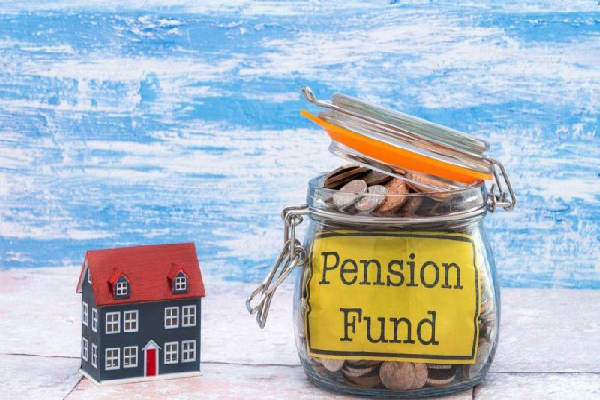Should I Overpay My Mortgage or Increase My Pension Savings?

Everyone has their own unique approach to safeguarding their financial future. There is no such thing as a one-size-fits-all strategy, as it depends entirely on the current financial circumstances and long-term goals of the individual in question.
One of the most contentious points on the subject of future planning is whether it makes more sense to repay your mortgage early or put more money into your retirement pot. Both of these could technically put you in a much stronger financial position in years to come, but which of the two is more advantageous?
Should you pursue the tax benefits of more pension savings at your disposal or enjoy the freedom of a life with no outstanding mortgage payments?
Overpaying your mortgage
For most people, their mortgage is the single biggest debt they will take on during their lives. Where possible, it can be tempting to overpay your mortgage in order to pay off the full balance earlier. Whether you overpay regularly or on occasion is up to you, but the overall benefit is the same: mortgage freedom much sooner.
Overpaying your mortgage can be beneficial in numerous ways. You quickly build equity in your home, enabling you to access much better deals if you decide to remortgage or borrow more. In addition, repaying early can lead to significant savings in long-term interest payments and overall borrowing costs.
Early repayment of a mortgage also means taking full ownership of your home at an earlier date. After which, you will no longer face the potential risk of your home being repossessed in the event that you fall behind on your repayments.
With average monthly mortgage payments in the UK now exceeding £750, this amounts to a lot of extra money in your pocket each month after repaying your mortgage early.
Paying towards your pension
The alternative option is to continue repaying your mortgage as normal while investing your extra money in your pension pot. One of the biggest benefits of doing so is the tax relief associated with pension funds, as by adding to your pension pot, you are effectively reducing your taxable income.
For example, each time you pay £100 into your pension pot, HMRC tops it up with a further £25. This increases to £50 for higher-rate taxpayers, who stand to benefit even more from the tax incentive.
Each year, you can pay anything up to £40,000 into your pension pot, which, over the course of several years, could add up to significant pension savings.
What works for you?
As touched upon previously, making the right decision means deciding what works for you. It depends entirely on whether you want to have more money in your savings when you retire or benefit from mortgage freedom. Both of which could make a huge difference to your financial security following retirement, though in somewhat different ways.
If in doubt, consult with an independent broker or financial adviser in order to gain a better understanding of the pros and cons of both options.




 0116 402 7982
0116 402 7982